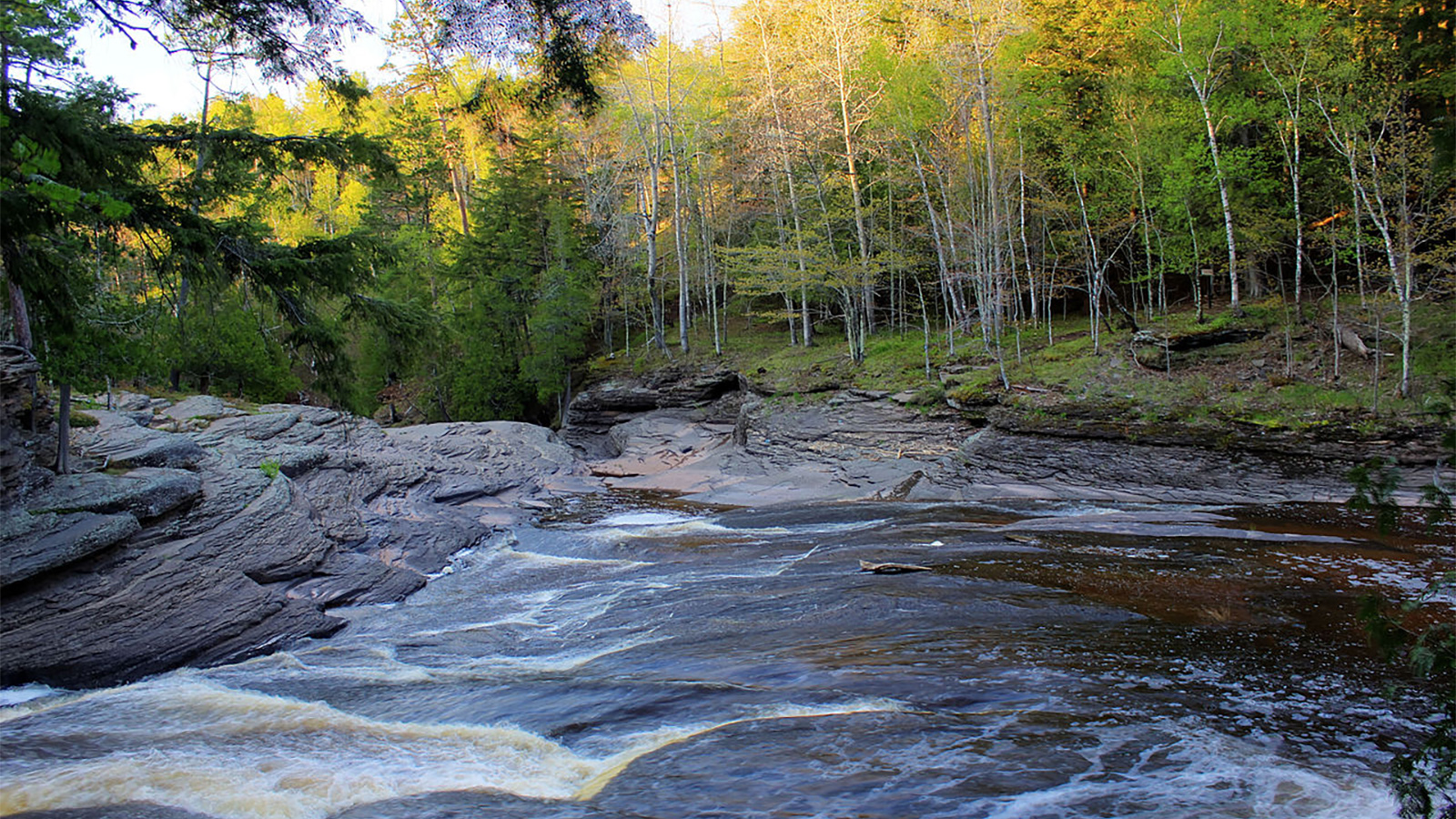Trump Administration rolls back important protections for wetlands and streams
The Trump Administrationo just gutted headland stream and wetland protections under the Clean Water Act. Harming these waters and habitats will create more problems in our precious surface waters.

The Trump administration published rules on April 21 in the Federal Register that creates the biggest rollback of water protections under the Clean Water Act since it was enacted back in 1972. These damaging changes threaten our inland waters and wetlands, and since water rolls downhill, it threatens our world-class Great Lakes. This should concern every Mchigander. In Michigan, we’re surrounded by water. That fact is an important part of being a Michigander. It means we hold a special connection to every body of water that touches our state — from Lake Michigan to local rivers and streams.
How serious are these Clean Water Act rollbacks? Consider how Lake Erie was “dead” and rivers caught fire before that monumental piece of legislation. Since then, we’ve made a lot of progress in cleaning up our lakes and rivers. Through the years we’ve also learned more about how critical our headland streams and wetlands across Michigan are for filtering water, recharging aquifers and providing habitat for wildlife and plants. Thankfully, the Clean Water Act has been there to leverage that knowledge. The result has been cleaner water and better stewardship of these important streams and wetlands.
But now, the rollbacks will remove these vital protections for many headland streams and the wetlands often adjacent to those streams. This has a devastating domino effect, because those bodies of water are connected to the rest of our surface waters, which means any pollution in one, or outright destruction, impacts the water quality of the downstream waters they are connected to. By rolling back protections for those critical streams and wetlands we endanger not just those waters and wetlands, but the water quality in the rest of our streams, rivers, and lakes.
Officials in our state understand these potentially tragic ramifications. In fact, Michigan’s own Department of Energy, Great Lakes and the Environment (EGLE) advocated for significant changes in the proposed rules. In their comments to the federal government, they estimated 50 percent of wetlands that have been protected for decades will lose their protections. EGLE pointed out that wetlands filter pollutants and sediments and keep them from reaching streams. In addition, they store flood waters, maintain stream baseflow, and provide biological connectivity between habitats. In the same comments, EGLE indicated that as much as 65 percent of the streams in some Great Lakes states would lose protection.
Protecting these wetlands and headwaters is not some abstract academic exercise. As of 2009, the federal Environmental Protection Agency determined almost 2 million Michiganders got their drinking water through public water supplies relying on surface water. The same research found that 71 percent of those Michiganders’ water sources relied on “Intermittent, Ephemeral, and Headwater Streams,” which are the very bodies that are being put in jeopardy by these rollbacks.
What adds to this tragedy is that it’s one of many efforts underway to undercut crucial environmental water protections at the federal level. Our water quality is endangered by so many threats like lead in school drinking water, toxic forever chemicals known as PFAS and combined sewer overflows. We simply can’t allow this damage to the water we hold so dear. We need to do more, not less. That’s part of being a Michigander.
Photo: Public Domain

